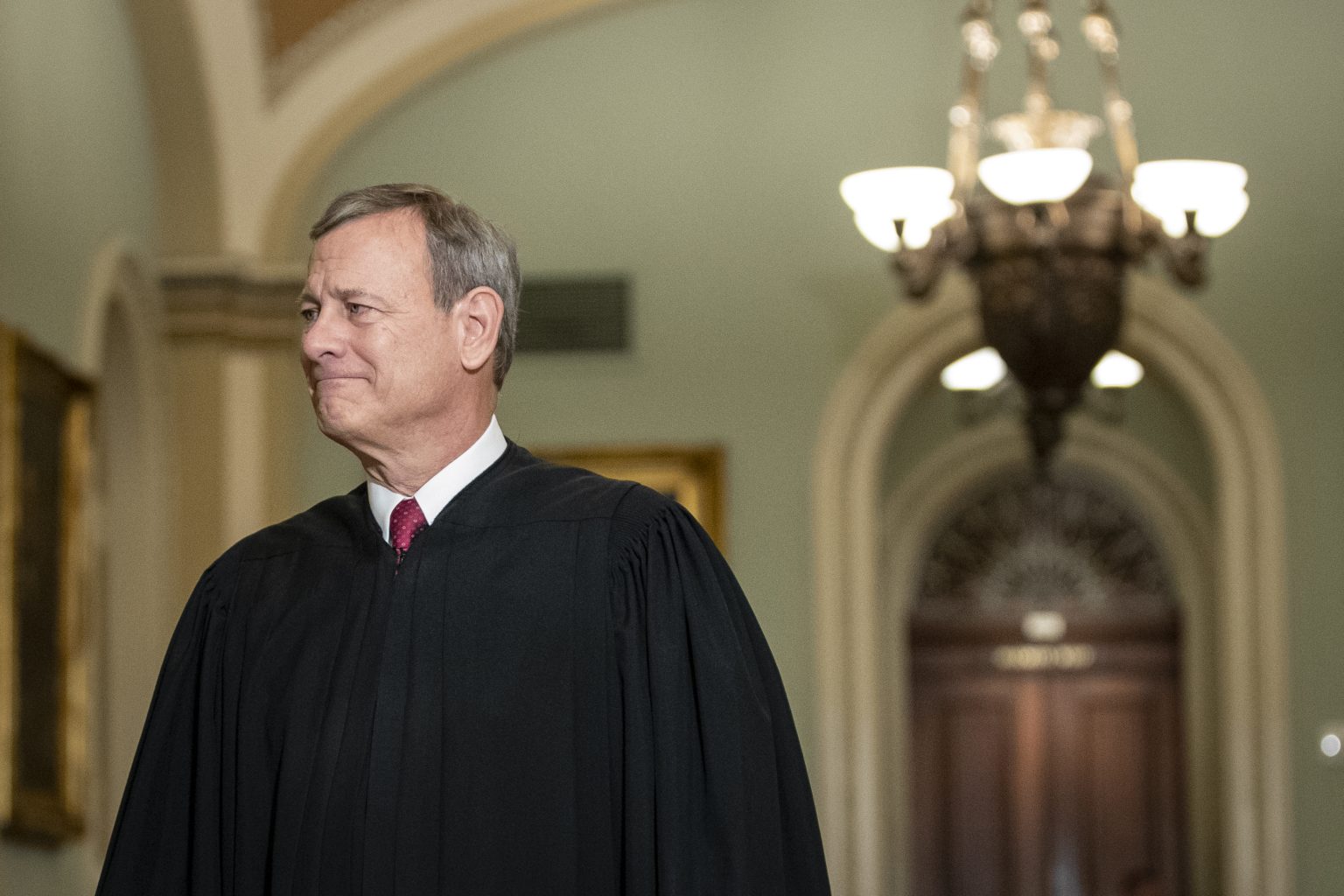In a recent op-ed, legal analyst Norman Eisen criticized the U.S. Supreme Court for its handling of former President Donald Trump’s presidential immunity case. Eisen accused the justices of causing delays in Trump’s federal election subversion case, where he faces four felony charges related to his attempts to remain in power after losing the 2020 election to President Joe Biden. The Supreme Court is currently deliberating whether Trump is shielded by presidential immunity from facing criminal charges for actions taken during his time in office.
Eisen called on Supreme Court Chief Justice John Roberts to provide a public explanation for why Justices Clarence Thomas and Samuel Alito are allowed to remain on Trump’s immunity case. He argued that it was legally unnecessary for the Supreme Court to take up the case, as the U.S. Circuit Court of Appeals for Washington, D.C., had already unanimously rejected Trump’s argument. Eisen also raised concerns about the biases of conservative justices Alito and Thomas, pointing to recent revelations about their connections to Trump supporters and donors that could impact the integrity of the court’s opinion.
Alito and Thomas have faced criticism in recent weeks for their ties to individuals and groups associated with Trump. Alito has been linked to symbols linked to Trump supporters near his home, while Thomas has faced calls to recuse himself from the case due to his connection to a GOP donor and his wife’s involvement in the January 6 Capitol attack. Eisen argued that the participation of Thomas and Alito in the case without transparent explanation raises questions about the court’s commitment to justice and impartiality. He accused the justices of prioritizing Trump’s interests over upholding the law and ensuring accountability.
Democratic lawmakers have called for Alito’s recusal from the immunity case, but some Republicans, including Senate Minority Leader Mitch McConnell and Senator Tom Cotton, have defended the justice against what they see as attacks on the Supreme Court. Legal experts have questioned whether the reports about Alito are enough to warrant his removal from the case, with one expert noting that the justices are responsible for policing themselves and there is no external body that can force a justice’s disqualification. Despite the controversy surrounding Alito, it is unlikely that any action will be taken regarding his involvement in Trump’s immunity case.
In conclusion, the handling of Trump’s presidential immunity case by the U.S. Supreme Court has raised concerns about the integrity and impartiality of the justices involved. Norman Eisen’s criticism of the court’s delays and the presence of Justices Thomas and Alito in the case without clear explanation reflects broader debates about the role of the judiciary in upholding justice and accountability. The controversy surrounding the justices’ ties to Trump supporters and donors has further fueled discussions about the need for transparency and independence in the highest court in the country. The outcome of Trump’s immunity case and the actions of the justices involved will have significant implications for the future of the Supreme Court and its role in addressing issues of presidential accountability and the rule of law.


